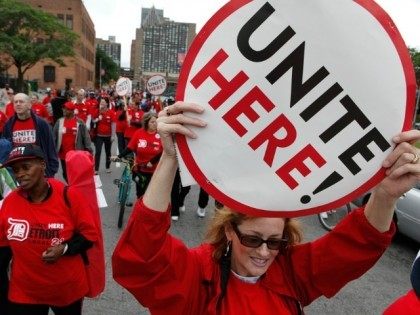German Govt Agrees to Pay Rise Deal with Labour Unions to Avoid Strikes
German government officials and labour unions reached a pay deal for more than 2.5 million public-sector workers, ending a lengthy dispute.

German government officials and labour unions reached a pay deal for more than 2.5 million public-sector workers, ending a lengthy dispute.

The New York Times blamed police unions amid the death of George Floyd for protecting members accused of misconduct and resisting reform.

A Connecticut state employee union official rejected Republicans’ call to delay workers’ raises even as the state has 21.5% unemployed.

CT state workers will receive $350 million in raises as over 100,000 private sector workers have lost their jobs due to the coronavirus.

Teachers’ unions are continuing to see a decline in membership and revenue since the Supreme Court’s decision in Janus v. AFSCME in June 2018.
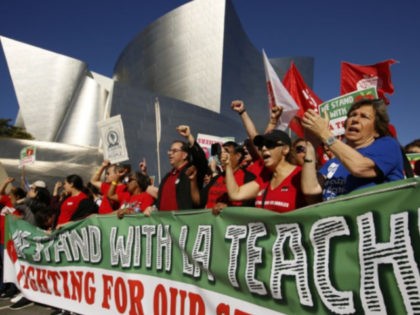
A group of Ohio public sector employees has won in a settlement with union officials who attempted to block workers from exercising their First Amendment right to refrain from paying dues that support the union.
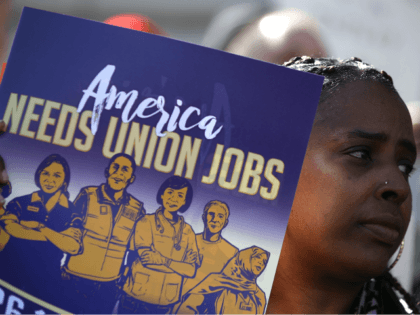
A federal lawsuit filed by New Hampshire state workers claims union officials illegally compelled them to pay union dues as a condition of their employment.

According to Fox News, UTLA officials dismissed concerns they would have lost a court battle but decided to postpone the strike to avoid confusion and provide more time for parents to prepare for teachers to not be in school.

The battle is highlighting a split within the Democrat Party, as unions argue the expansive legislation – with universal coverage for illegal immigrants – will cut into their benefits and negotiating power.
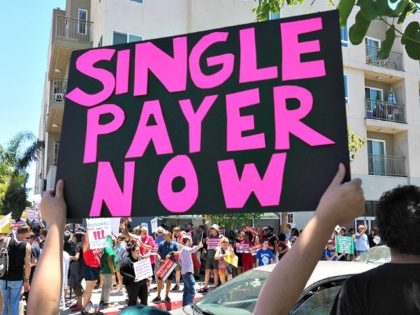
“Because Connecticut doesn’t have enough money to pay its bills, it has a $69.8 billion financial hole,” says Truth in Accounting. “To fill it, each Connecticut taxpayer would have to send $53,400 to the state.”

The National Right to Work Foundation (NRTWF) is demanding the Service Employees International Union (SEIU) refund up to $100 million in union fees to California state workers.
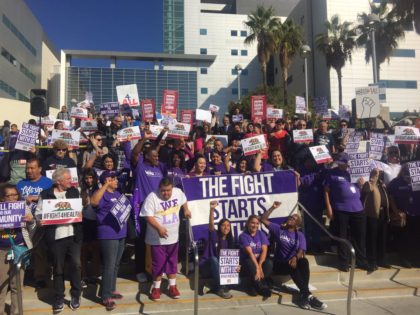
State employees who are administrators and not members of a union will no longer have agency fees deducted from their paychecks beginning July 11, announced New York Comptroller Thomas DiNapoli’s office, reports WGRZ. For rank-and-file employees, the deductions will end July 19.

The nation’s largest teachers’ union is predicting a 14 percent drop in membership over the next two years and a $28 million budget cut for the next school year following the Supreme Court’s ruling that public sector unions can no longer compel non-members to pay dues.

The U.S. Supreme Court handed down its decision in Janus v. AFSCME on Wednesday, ruling 5-4 that public sector unions could no longer compel non-members to pay dues because it violated their First Amendment rights.
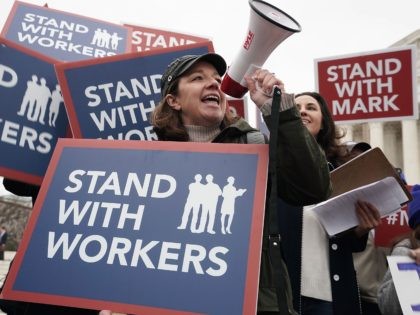
Public sector unions, the bedrock of the Democratic Party base, reacted with horror on Tuesday as the U.S. Supreme Court agreed to hear a case that could release employees from paying mandatory fees to unions representing their professions.
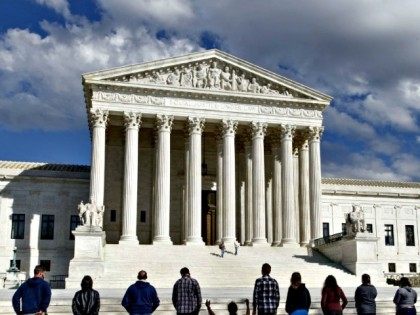
It was only a matter of time until California’s powerful public sector unions geared up for a two-step approach to overturn the 1978 Proposition 13 ballot measure that has saved California property owners about $550 billion in property taxes.

The New York Times asserts that thousands of blacks who once had government union jobs now don’t, and some of the primary reasons for this unemployment are “strong anti-government and anti-tax sentiment” as well as attempts by Republicans to weaken public sector unions.
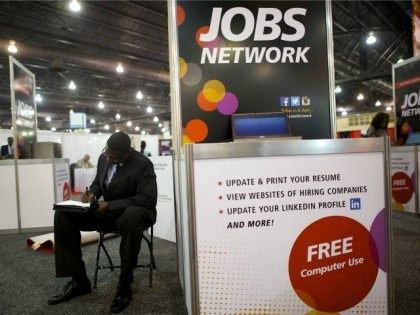
U.S. public sector unions are politically powerful because they collect and spend at least $4.0 billion in dues each year. But California unions are overwhelmingly powerful because although the state has just 11 percent of the nation’s population, California’s public
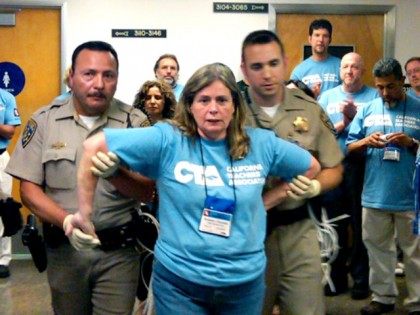
In the past, the Manhattan Institute has effectively highlighted how rising California public pension costs are cutting into “basic infrastructure maintenance, public safety, education, and quality-of-life services such as parks and libraries.” But in the newest report, “Pension Costs are Crowding Out Salaries,” by Senior Fellow Stephen D. Eide, the Manhattan Institute reveals how California public employees themselves are suffering. In a decade where pension costs rose by 135 percent and healthcare premiums by 85 percent, public sector wages grew 4.6 percent slower than private sector workers’ salaries.

Once again, California Gov. Jerry Brown is heading for a confrontation with labor groups, social welfare groups, and Democratic legislators who want Brown to raise taxes and expand spending. The newly re-elected Brown successfully pushed through temporary sales and income taxes three years ago with Proposition 30, but refuses to continue whole-heartedly in that direction, preferring to let the taxes die by 2018.
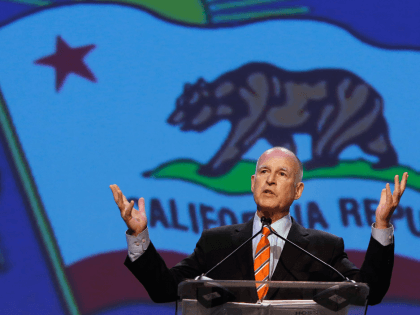
Union membership in America continues to dwindle, according to new data released on Friday by the Department of Labor’s Bureau of Labor Statistics.
